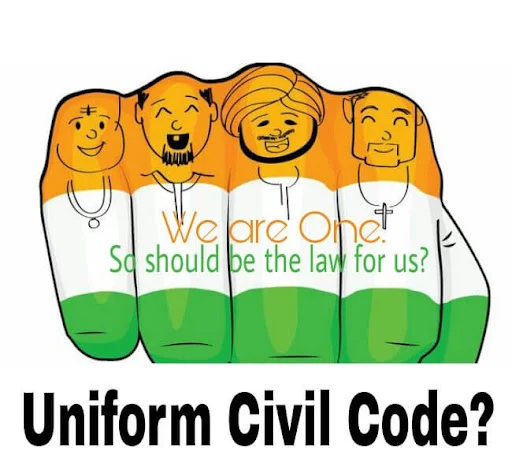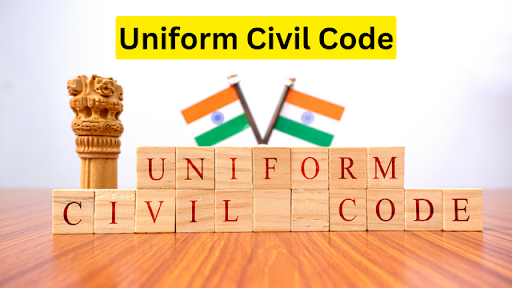In a diverse and multicultural society like India, the concept of a Uniform Civil Code (UCC) has been a subject of debate and discussion for decades. It's a term often tossed around in legal, political, and social circles, but what does it really mean, and why does it matter?
What is the Uniform Civil Code (UCC)?
The Uniform Civil Code is a set of laws that aim to govern personal matters such as marriage, divorce, inheritance, and adoption, among others, uniformly for all citizens, irrespective of their religion. Currently, personal laws in India are governed by different religious customs and practices, leading to disparities and inequalities in matters such as marriage, divorce, and inheritance among different religious communities.
Historical Context
The idea of a UCC is not new to India. It was enshrined in Article 44 of the Directive Principles of State Policy in the Indian Constitution, which states that "The State shall endeavor to secure for the citizens a uniform civil code throughout the territory of India." However, implementing such a code has been a challenge due to its sensitive nature and the diversity of religious beliefs and practices in the country.
Rationale for a Uniform Civil Code
Proponents of a UCC argue that it would promote gender equality, individual rights, and social justice by ensuring equal treatment for all citizens under the law, regardless of their religious affiliations. It would eliminate discriminatory practices prevalent in personal laws and bring about a sense of unity and cohesion among diverse communities.
Challenges and Opposition
However, implementing a UCC has faced significant opposition from various religious and political groups. Critics argue that imposing a uniform code would infringe upon the religious freedom guaranteed by the Indian Constitution and undermine the cultural identities of different communities. They also express concerns about the potential for social unrest and resistance from conservative elements.
Current Status and Future Outlook
Despite the constitutional mandate for a UCC, successive governments have been hesitant to take concrete steps towards its implementation, fearing backlash from religious communities and political opponents. The issue remains a contentious one, with proponents continuing to advocate for its adoption as a necessary step towards achieving social harmony and justice.
Conclusion
The Uniform Civil Code remains a topic of intense debate and deliberation in India, reflecting the complexities of balancing individual rights, religious freedoms, and societal cohesion in a diverse democracy. While the road to implementing a UCC may be fraught with challenges, its realization could signify a significant step towards realizing the ideals of equality, justice, and unity enshrined in the Indian Constitution.









No comments:
Post a Comment
Thank you for your support